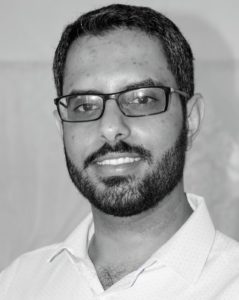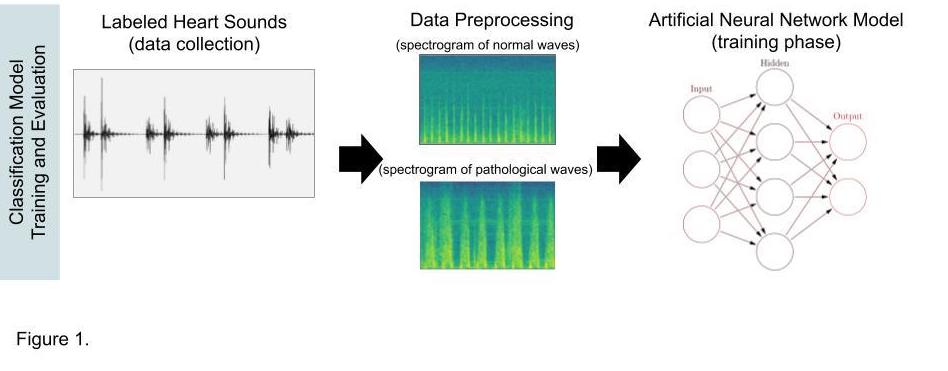How Artificial Intelligence Will Save Kids’ Hearts
By: Grace Shao
–May 2020–
A congenital heart defect (CHD) diagnosis starts with a beat of the heart. Highly trained physicians listen for the telltale whooshing sounds of turbulent blood signaling an abnormal heart murmur. Using a variety of sophisticated technology such as EKGs, chest x-rays, and catheterization, doctors diagnose most newborns in the US with CHD within three days of birth.
However, in under-served parts of the world, access to these physicians and tools is rare. Often, doctors are left with only the sound of a heartbeat to make an accurate diagnosis. Even in places with advanced healthcare services, very few physicians are able to identify heart defects using only the sound of a heartbeat, and many see the skill – known as auscultation – as a lost art.
With over 90 percent of children with under treated CHDs living in low-resource medical settings, the default system of screening via stethoscope auscultation is ripe for disruptive innovation. To respond to this opportunity, One Heart Health is developing an artificial intelligence (AI) algorithm that assists frontline health workers to more accurately identify those who need cardiac care.
Using the power of computing, a well trained AI algorithm is extremely powerful in identifying patterns and finding relationships in the data it is given. With the input of potentially hundreds of thousands of cases, an artificial neural network can essentially learn the auscultation skills of a doctor.

Matheus Araújo, a member of the One Heart Health algorithm development team and a computer scientist working on his PhD in Health Informatics, explains, “With artificial intelligence, we try to mimic and automate some elements of the cardiologist’s job that are difficult or very boring. For example, it might take anywhere from three to ten minutes to listen to one heart sound and make a binary classification if the heart sound is healthy or not healthy. With machine learning, that classification can be made instantaneously.”
When a new heartbeat is recorded and inputted, the algorithm compares the new data point to the pattern that it has already identified. By comparing against previous cases, the network is able to see how the features of one patient fit with others.

Once machine learning occurs, and the algorithm is functioning on the One Heart Health app, a frontline health worker will be able to capture the sound of a heart beat and receive the status of the patient in less than 10 seconds. This is not only a tremendous time saver for the health worker and patient, but increases the confidence and effectiveness of cardiologists who are in short supply in rural areas. With an algorithm bearing the brunt of the work, less physician input is needed, and more potential defects can be detected.
Screening follow-up for sick patients is additionally improved. With the use of AI, healthy patients are dismissed, and patients with irregular heartbeats are identified immediately. Discussions regarding follow-up care can occur on-site, which reduces the travel time often involved with remote heart screenings. Finally, using a digital stethoscope and an improved One Heart Health app powered by AI is much less expensive and cumbersome compared to the more common tools used by high-resourced hospitals such as EKGs.
Identifying cases is a crucial part of being able to help, and this algorithm opens the possibility to reach countless more people around the world. Araújo, a native of Brazil says, “When we make this work, we could implement in Brazil too, because we have the same types of problems there. There are not enough heart specialists for poor people.”
Support this Innovation
One Heart Health has already begun primary investigations into creating a heartbeat algorithm function for the One Heart app and has even assembled the team to enable its development. One Heart Health truly believes this innovation will change the world of cardiac care. We have reached out to a variety of funders to invest in this game-changing innovation, but we find our greatest support from our friends, family, and MedTech community who understand the importance of pushing forward with this work. As a 501(C)3 nonprofit, we invite you to enable this technology to become a reality. Please consider making a tax-deductible donation to support One Heart Health and its work by clicking HERE or CONTACT US to learn more about this exciting opportunity to change the face of global cardiology.



